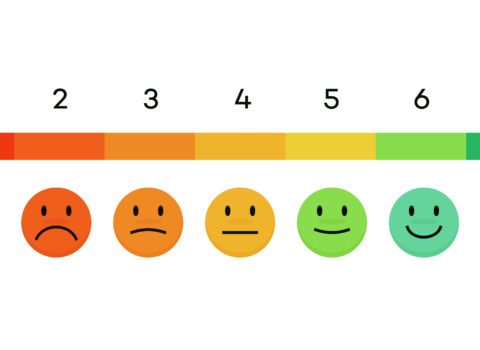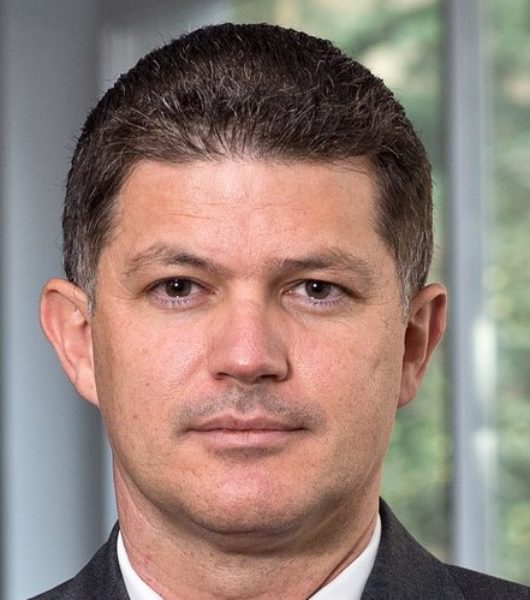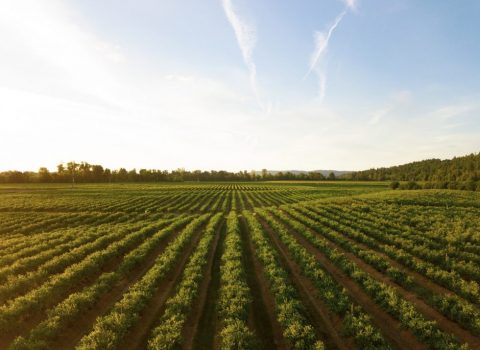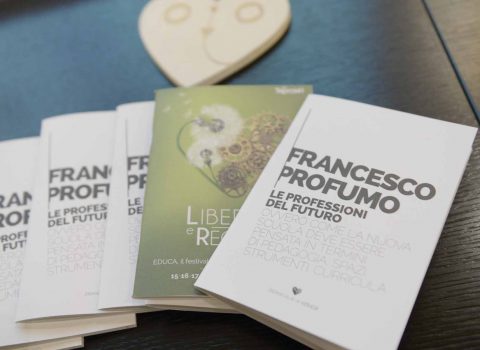
Environmental sustainability and social sustainability in the water shortage emergency
We interviewed the FBK-IRVAPP director Mirco Tonin about the dramatic water crisis that is facing our country and asked him about the role of public policies evaluation in this regard.
The drought alarm is by now undeniable in most of the Italian territory and concretely perceivable: entire months go by without any rainfall, and even in mountain regions – such as Trentino Alto Adige – temperatures are above seasonal averages and water availability is worryingly decreasing, due both to the lack of precipitation and to the melting and reduction of existing glaciers.
A scorching summer lies ahead, and some experts fear inevitable rationing of water supplies.
We asked Professor Mirco Tonin, director of FBK-IRVAPP and professor of Economic Politics at the Free University of Bozen-Bolzano, what possible strategies can be adopted to deal with this emergency:
Let’s start with basic definitions: everyone is now familiar with the meaning of “environmental sustainability,” but what does “social sustainability” mean instead?
The promotion of human well-being is at the core of the United Nations’ sustainable development agenda along with the protection of the environment. Therefore, it is important to ensure that any intervention strategy ensures both environmental and social sustainability. Water is an essential good, and it is necessary that it is available to everyone in quantities adequate for a decent life, without placing an excessive burden on the incomes of the poorest parts of the population.
Paradoxically, the water bill is the one that clearly weighs the least on family budgets, particularly after the huge increases experienced by electricity and gas. Yet, water cannot be created, unlike, for example, electricity. Do you think, then, that an increase in the cost of water supply could encourage people to consume less water, since our bills are based on actual consumption?
At this time of great stress on family budgets, I would believe it inappropriate to think about increases in water bills. It might make sense, however, to reshape the weight between the fixed fee, intended to cover the fixed costs of supply, and the variable fee, the component that reflects actual consumption. In the municipality of Trento, for example, the fixed fee for residential users amounts, including both aqueduct and sewerage, to about 90 euros per year. More weight given to the variable portion of the bill would provide an additional incentive for careful water use, without necessarily leading to price increases.
What actions could governments take, both at the local and national level, to raise awareness about wiser water use?
I think it is very important to keep the message consistent. You can hardly ask citizens to make efforts to save water if the water supply leaks are huge. Showing that active efforts are being made to improve the infrastructure can motivate citizens to play their part. The same goes for water use for non-domestic purposes, such as in agriculture or tourism. Awareness campaigns can only work within a context in which the effort to save water is taken up seriously by everyone.
It must be said, however, that campaigns to raise awareness for a more responsible use of water resources are not new, yet many people still do not seem to be aware of the situation. There often remains a “homespun view,” based on the availability heuristic, which leads people to think that as long as water flows abundantly from our taps, the problem does not actually exist. So how much do you think the willingness of individuals and their readiness to change their personal habits – for example, turning off the tap while brushing your teeth or using water from washing fruits and vegetables to water flowers – affect the actual possibility of saving water?
Yes, the availability of water is often taken for granted. Yet, when there is shortage of it, the consequences can be devastating. Adaptation times are not short, so countermeasures must be taken before the problem becomes critical. Therefore, in addition to the necessary changes in individual behavior, politicians must take charge of the issue before it becomes ordinary because of its dramatic nature. Unfortunately, prevention activities do not always pay big electoral dividends. Demanding, as citizens, that politics take up prevention, rewarding politicians who do so, is just as important as acting as consumers on daily habits.
In addition to awareness campaigns, are there any pragmatic strategies that could be adopted (e.g., providing faucet jet reducers for free)?
Yes, for example, in a study I carried out with some colleagues in England, we observed how personalized counseling is effective in reducing household consumption for several months, but then the tendency is to return to the previous situation. On the contrary, the provision of simple and inexpensive technologies such as faucet jet reducers or bags to reduce flush capacity decrease consumption permanently, with great economic and environmental benefits.
How do you think the implementation of specific water-saving policies may result in social inequality, and what role does the evaluation of these policies play in this regard?
Overly strong policies on pricing would obviously be dangerous from this point of view, but even the previous example on the distribution of simple devices runs the risk of not reaching everyone, maybe leaving behind precisely the most disadvantaged parts of the population who may have more difficulty in accessing information or who are less concerned about sustainability issues because they face more urgent difficulties. For this reason, it is very useful to combine the implementation of such interventions with an evaluation activity, which helps to understand what works best in a specific social context, allowing to adjust the aim if necessary and to design more effective future politics.




